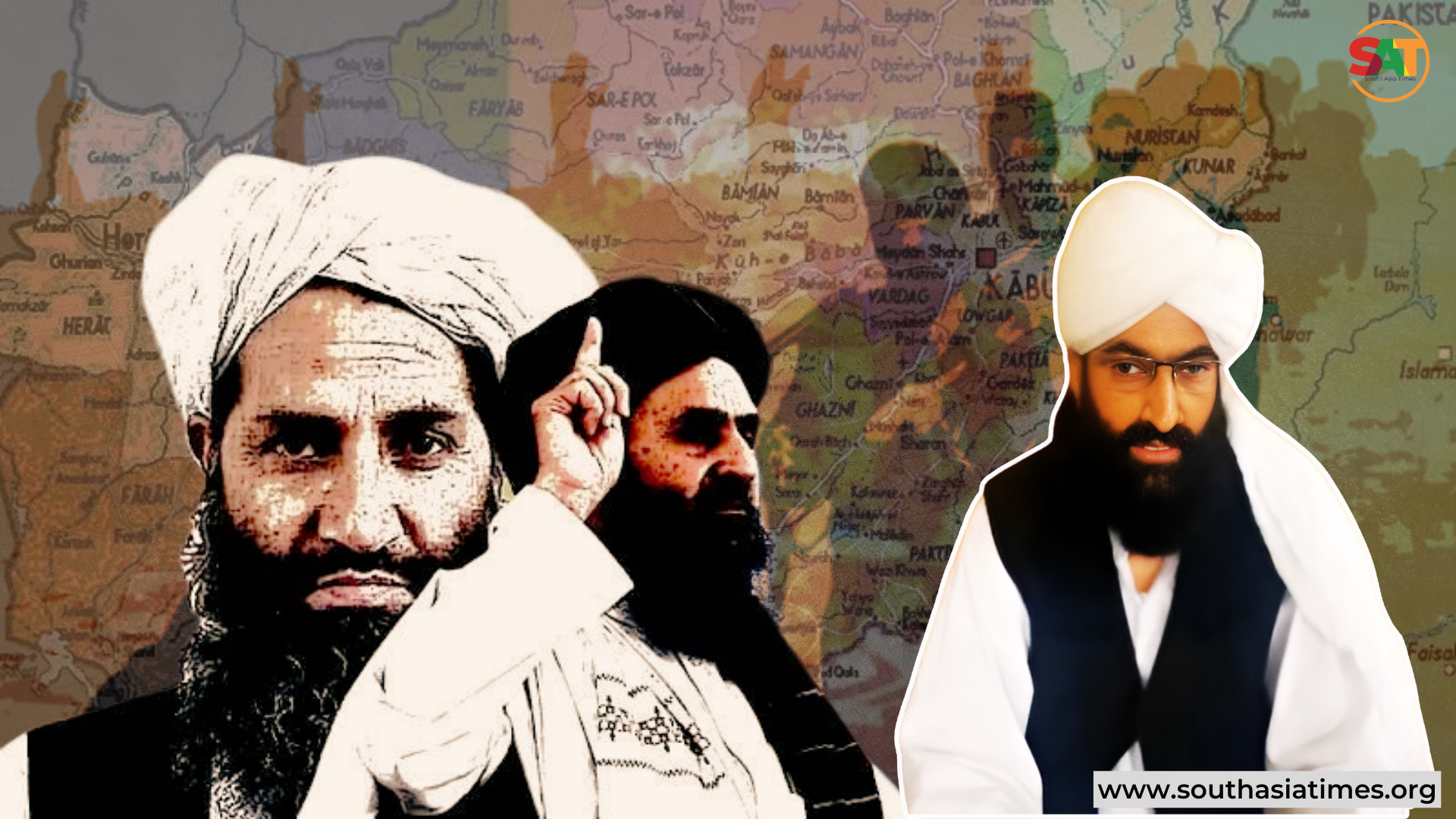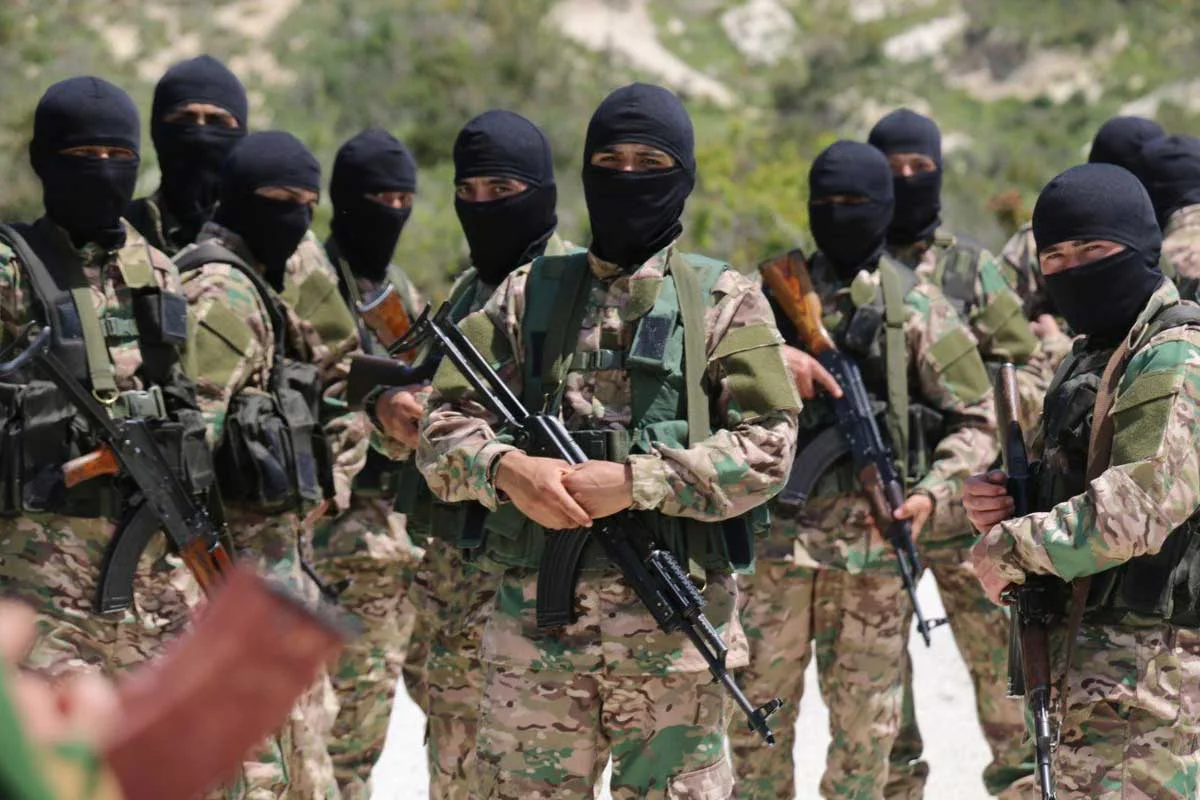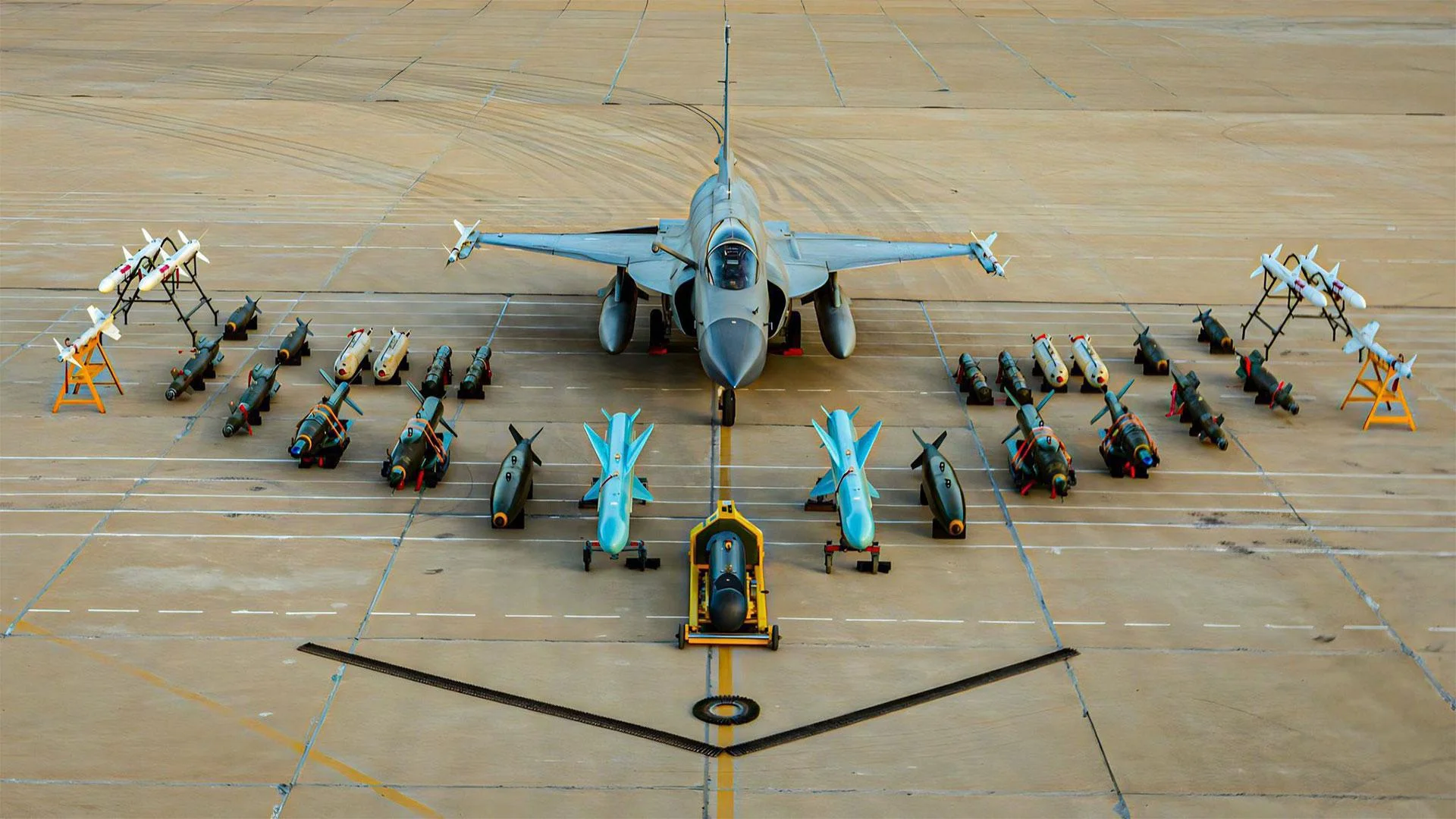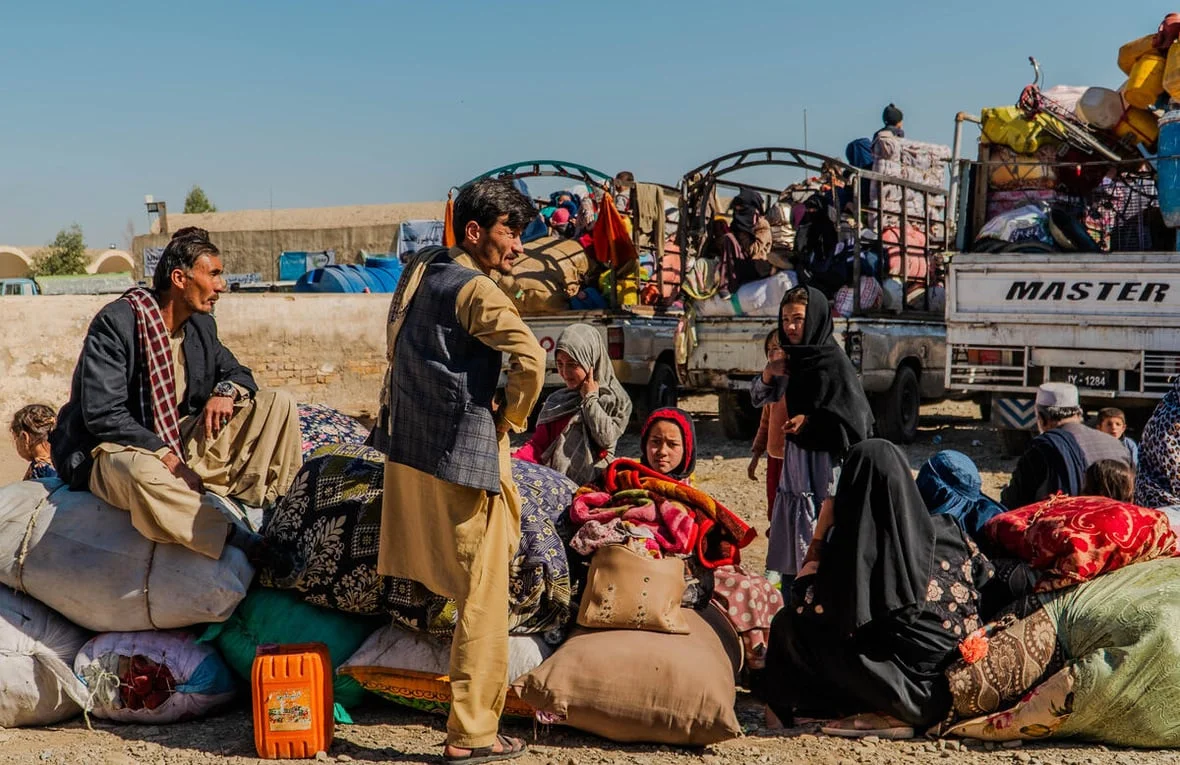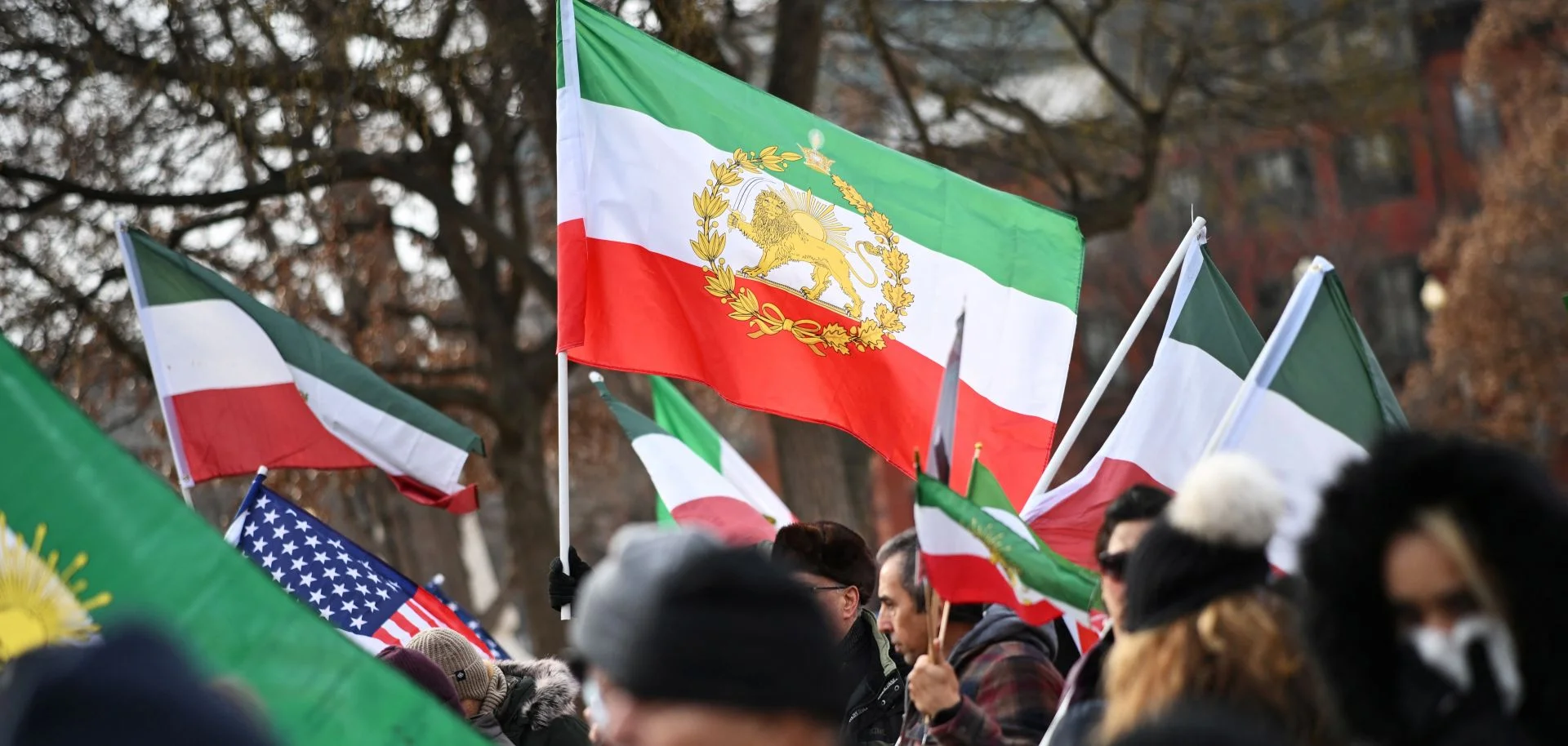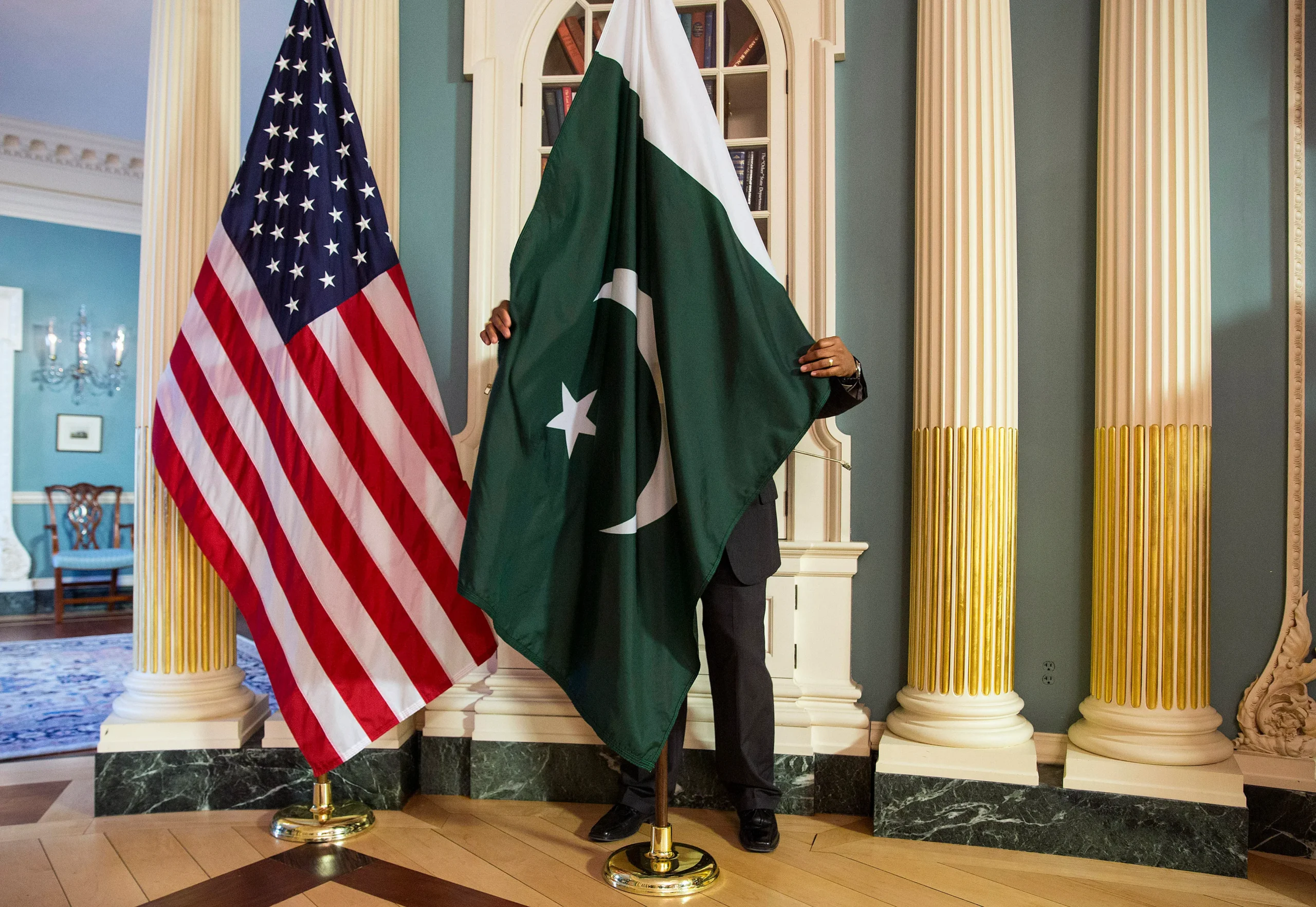Recently, in an interview with Khorasan Diary, the leader of Tehreek-e-Taliban Pakistan (TTP), Noor Wali Mehsud, clearly mentioned his meetings with the leader of the Afghan Taliban. What does this mean for the relationship between TTP and the Tehreek e Taliban Afghanistan (TTA)? If this relationship continues, what could be the potential threats for Pakistan and the rest of the world? Let’s find the data-driven answers to these questions!
Historically, TTP and TTA have fought hand in glove against the United States forces. Ideologically, both toe the same Deoband school of thought within Sunni Islam. Notably, when the Taliban retook Kabul on 15 August 2021, TTP was the first terrorist organisation to extend its heartfelt congratulations to the Taliban for their historic win. This relationship between the Afghan Taliban and TTP costs dire security challenges for Pakistan. However, since 15 August 2021, the continuous resurgence in attacks on Pakistani security forces indicates the threat of TTP-TTA nexus for Pakistan.
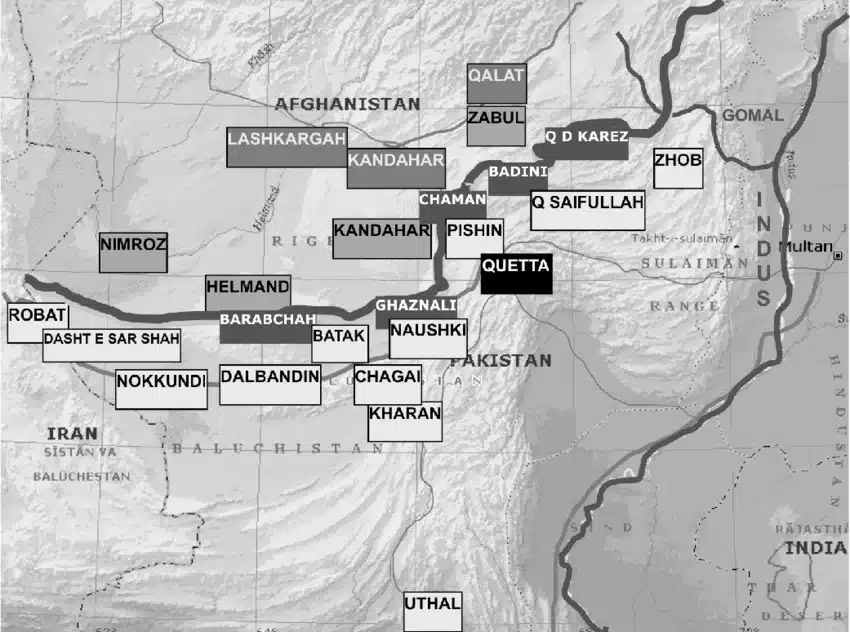
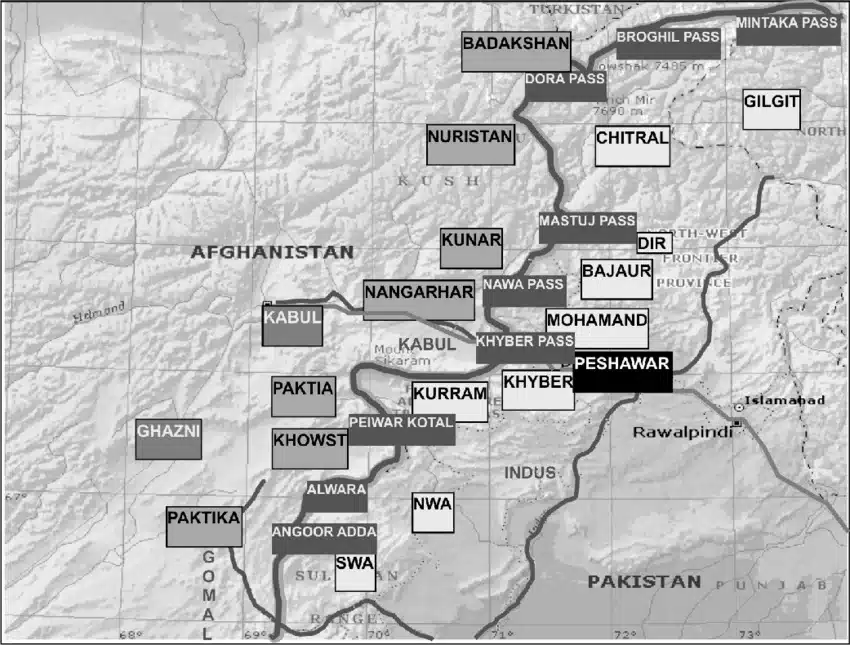
Also Read: IEA Tango: The Resurgence of TTP
Notably, Pakistan has consistently engaged in both Track-I and Track-II diplomatic channels in an attempt to address the security challenges posed by the TTP, which operates from Afghanistan under the shadow of the TTA. Despite earnest efforts, the outcomes of these endeavors have consistently encountered stagnation and failure.
In a bid to draw global attention to the nexus between TTP and TTA, Pakistan’s Special Representative for the United Nations, Ambassador Munir Akram, formally approached the United Nations Security Council (UNSC) on 7th March 2024. His plea emphasized the imperative for the Taliban to sever ties with the TTP due to the associated global terror risks.
Text of Ambassador Munir Akram's, @PakistanPR_UN, statement during the United Nations Security Council briefing @UNSC_Reports on Afghanistan (UNAMA)
— Permanent Mission of Pakistan to the UN (@PakistanUN_NY) March 7, 2024
(1/2) pic.twitter.com/lxCHtujK1n
Highlighting the alarming statistics of 306 attacks in Pakistan during 2023, with 82% attributed to the TTP, Ambassador Akram urged a thorough investigation into the funding and arms sources of the TTP.
Furthermore, he underscored the importance of prioritizing counter-terrorism efforts in Afghanistan-related engagements.
Strategically, the danger from the TTP is not just a problem for Pakistan. The connection between the TTP and the TTA allows other terrorist groups in Afghanistan, like Al-Qaida, Islamic Movement of Uzbekistan (IMU), and East Turkestan Islamic Movement (ETIM), to become more active.
According to a report from the United Nations team in April 2022, the Taliban is still closely connected to Al-Qaida. In addition, the report mentioned that Al-Qaida has a safe place under the Taliban and has more freedom to act.
Moreover, reports suggest that Al-Qaeda is utilizing Afghanistan as a “favorable environment” for fundraising, recruitment, and training of its members. Significantly, the U.N. Analytical Support and Sanctions Monitoring Team, in the last week of January 2024, disclosed that the Al-Qaeda camp in the Afghan border province of Kunar is actively “conducting suicide bomber training” to aid the operations of TTP.
![Pakistani flag on Afghan border at Ghakhi Pass, Kunar province, depicting the volatile boundary and insurgent passage. [Image Credits: David Gilkey/NPR]](https://southasiatimes.org/wp-content/uploads/2024/03/afghanista_302135_custom-22f17e416173b834f6f2cb5323fb59309f8c2fb7-s1000-c85.webp)
Despite clear evidence of the TTA’s support for the TTP and other terrorist organizations, the TTA is hesitant to take decisive action, maintaining a plausible deniability stance.
This mirrors their behaviour in 1998 when the head of Saudi intelligence, Prince Turki al-Faisal al-Saud, met with Mullah Omar and requested the extradition of Osama Bin Laden to Saudi Arabia. Initially agreeing, Mullah Omar later reneged on the agreement, shifting blame to KSA for the sufferings of Iraqi and Afghan people and supporting the USA. Three years later, Bin Laden orchestrated the infamous attack on the US twin towers.
Mapping Terror: Afghanistan’s Reach in the Global Threat Landscape
The present hesitancy of the TTA to act against the TTP and other terrorist organizations poses severe threats to Pakistan and neighbouring states, extending to broader regional implications.
Pakistan cannot afford the resurgence of TTP under the patronage of TTA due to its National Security Policy, which emphasizes the importance of human security and prioritizes geo-economics. This is neither economically nor socially feasible for the country. Nonetheless, the TTA uses TTP as a ‘Strategic Card’ against Pakistan. Also, by creating havoc in Pakistan, TTA is getting a subscription from the local masses for not being the puppet of Pakistan’s establishment.
Moreover, given the historical collaboration between ETIM and TTP, China is particularly worried about TTA’s support for TTP.
The Pakistani security authorities have found that the joint responsibility for the Dasu Dam attack on the Chinese can be attributed to both TTP and ETIM. China is also alarmed by TTP’s significant ties with ISKP, which are raising regional security concerns.
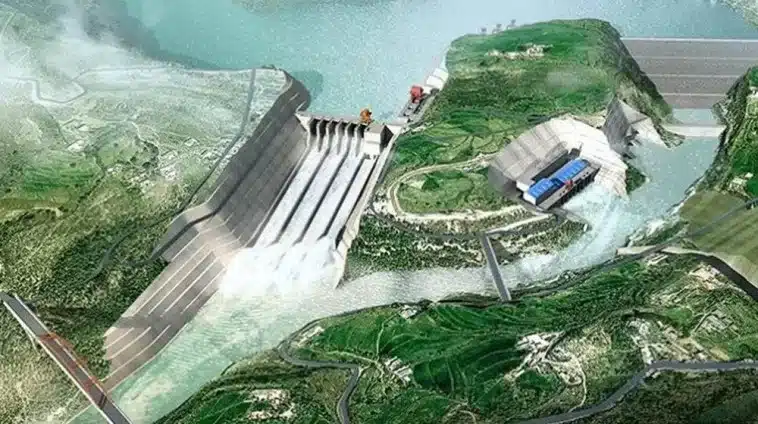
In Central Asia, TTA has initiated Tehreek e Taliban Tajikistan (TTT) to exert pressure on the Tajikistan government, urging them to align with TTA’s stance and recognize them as the legitimate government of Afghanistan. Simultaneously, members of the IMU reside in northern Afghanistan, posing a strategic challenge for Uzbekistan. Therefore, it is reasonable to assert that the Central Asian Republics face security risks emanating from Taliban-led Afghanistan, which provides a conducive environment for globally recognized terrorists to operate openly and establish their training centres.
Beyond the adjacent regions, Qatar needs to create pressure on TTA, providing the fact that it was Qatar which provided good offices for the US and Taliban to negotiate and end the war on the table. Additionally, by conducting the FIFA World Cup 2022, Qatar has done what international pundits call ‘Sports Washing’ and painted a positive image in front of the world. But, now, remaining indifferent to the TTA’s support to terrorist organisations, Qatar could lose its earned soft image in front of the global community. Thus, Qatar needs to put its due share in controlling Afghanistan to become the nucleus of global terrorist organisations once again.
Saudi Arabia has significant influence over the Taliban. Back in the 1990s, it was one of the three countries that recognized the Taliban government in Kabul. By encouraging the Taliban to distance itself from terrorist organizations, Saudi Arabia can showcase itself as a modern and progressive state. This action would also demonstrate to the world that Saudi Arabia is committed to socio-economic development rather than engaging in proxy wars.
Is it fair for Pakistan alone to tackle the TTA’s support of recognized terrorist groups, or should other countries also step up?
The threat isn’t just Pakistan’s concern; it affects the entire region and beyond. When will other countries join in pressuring the TTA to stop supporting international terrorist organizations?
The views expressed in this article are the author’s own. They do not necessarily reflect the editorial policy of the South Asia Times.

